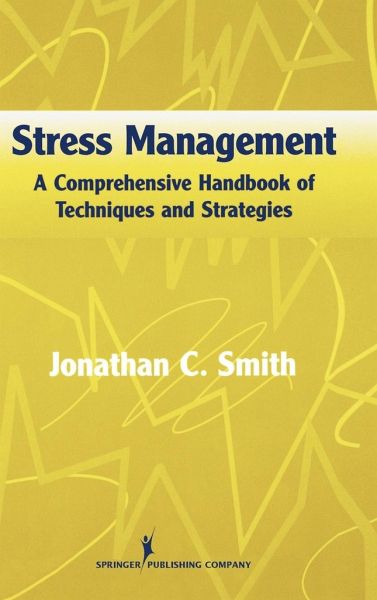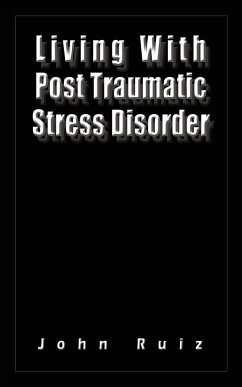
Stress Management
A Comprehensive Handbook Of Techniques And Strategies
Versandkostenfrei!
Nicht lieferbar
Here is a comprehensive clinical manual focused on stress management and relaxation. It contains detailed descriptions of tactics for training the user in the methods of relaxation, positive thinking, time management, and more. Features validated self-tests (normed on over 1000 individuals), and first-time ever stress management motivations and irrational beliefs inventories. This hands-on resource is essential for practitioners introducing stress management techniques into their practice; students who are learning how to cope with stress; practitioners-in-training, and clinicians looking for ...
Here is a comprehensive clinical manual focused on stress management and relaxation. It contains detailed descriptions of tactics for training the user in the methods of relaxation, positive thinking, time management, and more. Features validated self-tests (normed on over 1000 individuals), and first-time ever stress management motivations and irrational beliefs inventories. This hands-on resource is essential for practitioners introducing stress management techniques into their practice; students who are learning how to cope with stress; practitioners-in-training, and clinicians looking for a refresher course.









